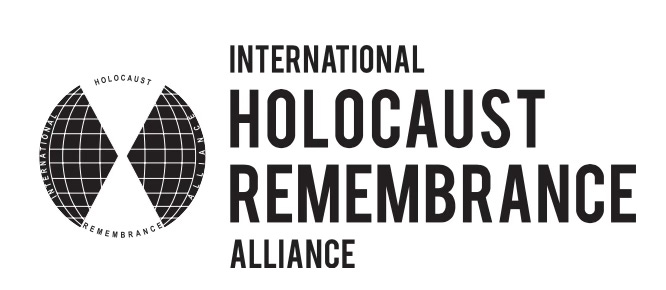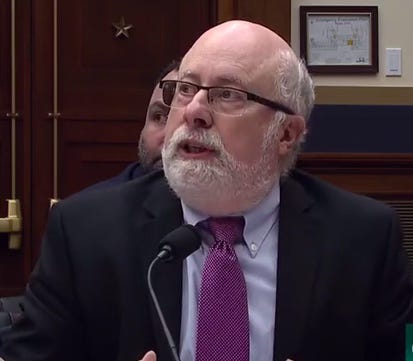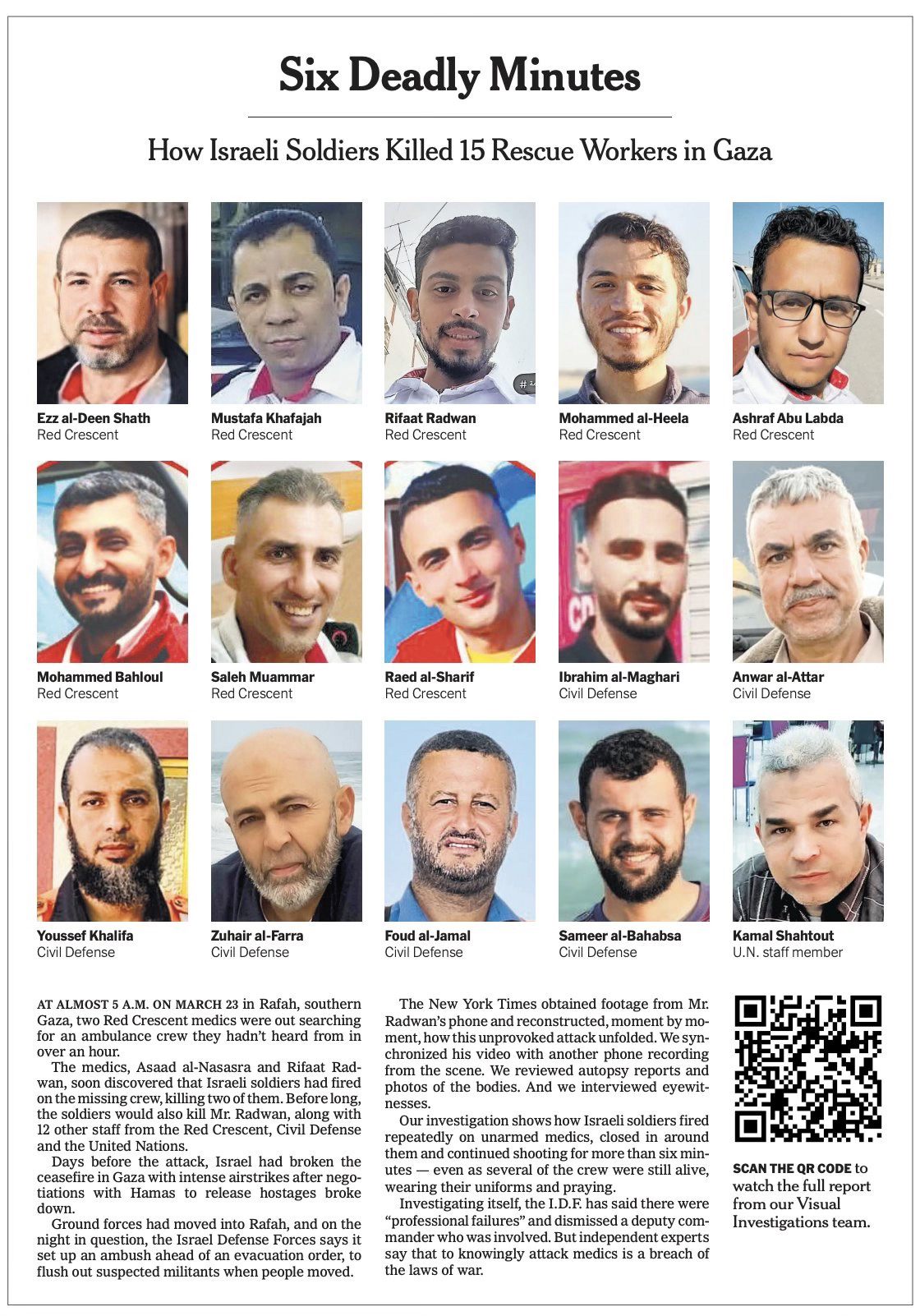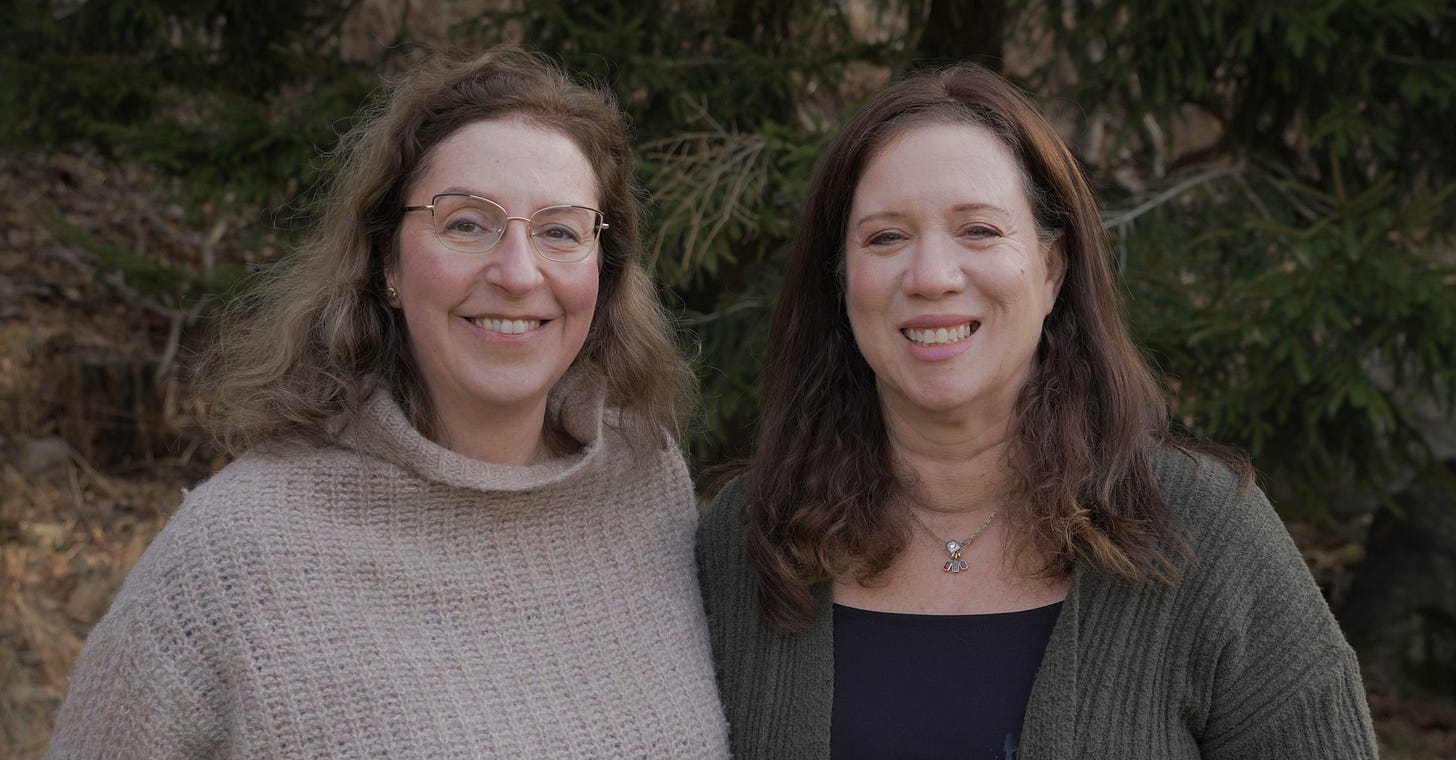Commentary: A battle over how to define antisemitism comes home to the Croton-Harmon school district.
A lengthy letter in The Gazette from numerous religious leaders takes the Croton-Harmon school district to task for not adopting the IHRA definition. But it appears to include some ambiguities.
Some readers of last week’s issue of The Gazette might have been startled to see a long and very blunt letter to the editor, from a group of ten local clergy from congregations in Croton-on-Hudson, Briarcliff Manor, and Tarrytown. The writer and first signer of the letter was Cantor Lauren Phillips Fogelman of Temple Beth Abraham in Tarrytown; she was joined by two rabbis and two cantors from Croton’s Temple Israel of Northern Westchester, Jewish clergy from Briarcliff Manor, and three members of the Christian clergy from Croton.
The letter cited a “troubling rise in antisemitism” in Croton “and its surrounding areas,” including acts of “vandalism, online harassment, hateful rhetoric and collective stereotyping.”
The group urged the Croton community, including the village and local school district, to take three “concrete steps towards combating this hate.”
The first step, which we will discuss here, took up more than half of the letter. It would be to adopt the International Holocaust Remembrance Alliance (IHRA) working definition of antisemitism, which was written in 2004 and adopted by IHRA—an intergovernmental organization based in Stockholm—in 2016.
“For nearly a year, concerned Jewish parents have worked towards educating the Board of Education on the [IHRA] working definition,” the group wrote, “in hopes of adopting it as a measure of protection for the Jewish students in our district.”
The letter writers are making reference to the Croton-based group Parents Against School Antisemitism (PASA), which has been in discussions with the school district for an extended period of time about antisemitism, both in private meetings with the administration and public appearances at school board meetings. (School board candidate Allison Samuels is a cofounder of the group, and candidate Leslie Pollak is a member.) Adoption of the IHRA definition by the school district has been part of PASA’s recommendations to the district.
The letter goes on to briefly explain this definition, and lists local municipalities and school districts that have adopted it, as well as Westchester County itself, which did so in December 2022. The letter continues:
“It’s time for Croton-Harmon Union Free School District (CHUFSD) and the Village of Croton to join our neighbors in adopting this policy and to actively combat antisemitism.” The letter writers then say:
“The IHRA definition has been met by some criticism by CHUFSD because of its affirmation of Israel. Some say that antisemitism and anti-Zionism should be treated as separate entities.” Later in the letter, the group writes: “If the IHRA definition of antisemitism does not meet CHUFSD’s needs, we urge the Board of Education to work to cultivate a definition that does protect our students. By rejecting the proposal all together, you are leaving our Jewish students vulnerable.”
Before we go on to discuss the IHRA definition and the strenuous objections that have been raised to it in recent years by those fearing it could be used to dampen freedom of speech about Israel and the Middle East, we need to parse some of these statements.
The letter does not make clear who in our school district has criticized the IHRA definition, so we asked Cantor Fogelman to clarify that.
“You’re right, the board hasn’t publicly addressed antisemitism, publicly answered concerns from parents, or created any policies to protect Jewish students,” she wrote us in an email. “What’s been concerning in the CHUFSD community discussion is that some residents have been conflating protecting Israel with Jewish students. I am grateful for the allies in our community who have stepped up in support of Jewish students in Croton.”
Cantor Fogelman has not responded to our request for discuss some of these issues further. Unfortunately, Croton-Harmon school district officials, including Board of Education president Ana Teague and superintendent Stephen Walker, have declined to discuss any of these issues with the Chronicle.
But based on our reporting, it does not appear that the district has actually rejected the IHRA definition or alternative definitions that have been proposed, such as the Jerusalem Declaration on Antisemitism and the Nexus Document. More accurately, the district has sidestepped both the discussion of the issue and adopting any definitions at all. In that regard, what Cantor Fogelman told us when we asked for clarification appears to be closer to the mark.
We now turn to the IHRA definition itself, and its controversial history. The definition is very simple. It reads:
“Antisemitism is a certain perception of Jews, which may be expressed as hatred toward Jews. Rhetorical and physical manifestations of antisemitism are directed toward Jewish or non-Jewish individuals and/or their property, toward Jewish community institutions and religious facilities.”
The drafters immediately realized that this definition is pretty vague and open to lots of different interpretations. So they added eleven alleged examples of anti-Semitism to make it more clear. It is those examples which, in the years since, have led to fierce controversy and concerns that the IHRA definition could be used to attack free speech, especially, of course, criticism of Israel. Indeed, seven of the eleven examples concern Israel directly.
Much has been written about this, and we will not attempt to go through it in detail here. But the letter from local clergy is sure to raise some eyebrows with the following statement:
“… the IHRA definition does not silence criticism of Israel when it is expressed in a legitimate way.”
Indeed, the question of who decides what criticism of Israel is “legitimate” and what is not is exactly the concern that opponents of the IHRA definition have raised, especially at a time when the Trump administration is attempting to deport students critical of Israel or denying funds to universities, such as Harvard, that are deemed insufficient in their vigilance against antisemitism.
Nor are the critics of the IHRA definition fringe groups or sympathizers with Hamas. They include the American Civil Liberties Union (ACLU), which just last year wrote to the U.S. Department of Education to express its concerns, along with Amnesty International, Human Rights Watch, and several Israeli human rights groups including B’Tselem and Physicians for Human Rights. In 2023, more than 100 such groups, along with Palestinian human rights and civil society organizations, asked the United Nations to reject the IHRA definition. (For media coverage see here, and for the full joint letter including the list of signatories see here.)
IHRA critics have made much of the fact that one of the lead writers of the original definition, Kenneth Stern—currently director of the Center for the Study of Hate at Bard College—has also in recent years objected to the use of the IHRA as some kind of “speech code” that could be used to discipline free expression of opinions about Israel. In an interview with NPR in March of this year, Stern argued that the Trump administration, which has adopted the IHRA definition in its recent executive orders on antisemitism, was actually making Jewish students less safe rather than more.
“It puts pro-Israel Jewish students in a situation where they may be seen as trying to suppress speech rather than answer it,” he told the interviewers. Stern, who has stressed that he remains a pro-Israel Zionist, added that the Trump administration was “weaponizing antisemitism,” a charge that is central to criticisms of the IHRA definition.
(In March 2024, The New Yorker published a piece about Kenneth Stern and his concerns that we recommend as background to the issues.)
It’s not difficult to imagine why—even though Croton-Harmon school district officials decline to discuss the issues around antisemitism with us, and have left many Jewish and non-Jewish parents frustrated about what they see as a lack of response to their concerns—the district might not be eager to adopt the IHRA definition, or perhaps any definition at all.
Thus there are certain situations that might come up in the school setting that we think most observers would agree were examples of antisemitism. Let’s say, for example, that a non-Jewish student said to a Jewish student, either in class or out, “You Jews are killing the Palestinians, you should be ashamed.” Holding all members of a group responsible for what only some have allegedly done is a kind of collective stereotyping, the essence of bigotry. (Likewise, “You Jews only care about money and you want to rule the world,” as crude a statement as that might be, is an unambiguous example of antisemitism.)
But let’s take a different example. Late last year, Amnesty International published a report concluding that Israel was committing genocide in Gaza, a view with which an increasing number of human rights experts have come to agree. Also last year, the leading Israeli human rights group B’Tselem concluded that Israel was committing the war crime of starving the people of Gaza as a form of collective punishment for the atrocious acts of October 7, 2023 committed by Hamas and its allies. And last July, the International Court of Justice issued an advisory opinion that Israel’s continued occupation of Palestinian territories, including the West Bank and East Jerusalem, was illegal under international law.
If the IHRA definition were adopted by the Croton-Harmon school district, and if a social studies teacher brought in any one of these documents for a class discussion of current events, would that teacher be subject to discipline or even firing for violating rules against antisemitism? The truth is, we can’t really know. Nor can we be sure that parents or others who might object to these materials being discussed in the classroom might not use the provisions of the new Trump administration executive orders to cause that teacher to be fired, or bring other actions against our school district.
Indeed, the problem grows nearly every day, as news media in the United States and internationally have stepped up—some say way too late—their detailed coverage of Israel’s actions in both Gaza and the West Bank.
The last paragraph of the letter from the clergy to The Gazette is interesting in this context. It reads:
“As members of the clergy, we cannot officially endorse any of the candidates for Board of Education. However, we urge you to visit candidate websites, attend the candidate forum and other meet-and-greets, and to vote for the slate that will work towards making all members of the Croton community feel included and supported—the slate that is ready to engage in these difficult discussions about safety and inclusion for all children.”
We think that many in our community will interpret this final statement as a non-endorsement endorsement of Allison Samuels and Leslie Pollak, who have been very active in the fight against antisemitism in our schools and whose organization, PASA, is in favor of the IHRA definition. Yet, as part of our coverage of the school board campaign, we have discussed these issues at length with both Samuels and Pollak. The Chronicle also does not endorse candidates. But we do not believe that either of them are in favor of suppressing discussion of world events in our schools, no matter how painful and inconvenient some of those discussions might be.
*****************************************************************************************************
To share this post, or to share The Croton Chronicle, please click on these links.
Comments policy: No personal attacks or hate speech, please be polite and respectful.









I have lived in Croton for many years and all I remember is how accepting everyone has been to each other. I remember Rabbi Robinson coming every Passover to Holy Name and having a seder for the kids. I remember the interfaith service at Holy Name and the Shofar was brought from the Temple to mark togetherness. I know that many of my son's friends of the Jewish faith played on the CYO (Catholic Youth Organization) basketball team and established lifelong friendships. Some villages are so accepting of others that they don't need what others may need. Defining something doesn't make it go away. Being a true Crotonite and extending a hand to our neighbor is what this Village has always been about.
I was surprised to learn that the school district of Ossining and the towns Chappaqua, North Salem, and Rye adopted definitions of antisemitism. There are also school districts such as Ardsley where they celebrate Jewish heritage month. Did Croton on Hudson adopt a definition of antisemitism?